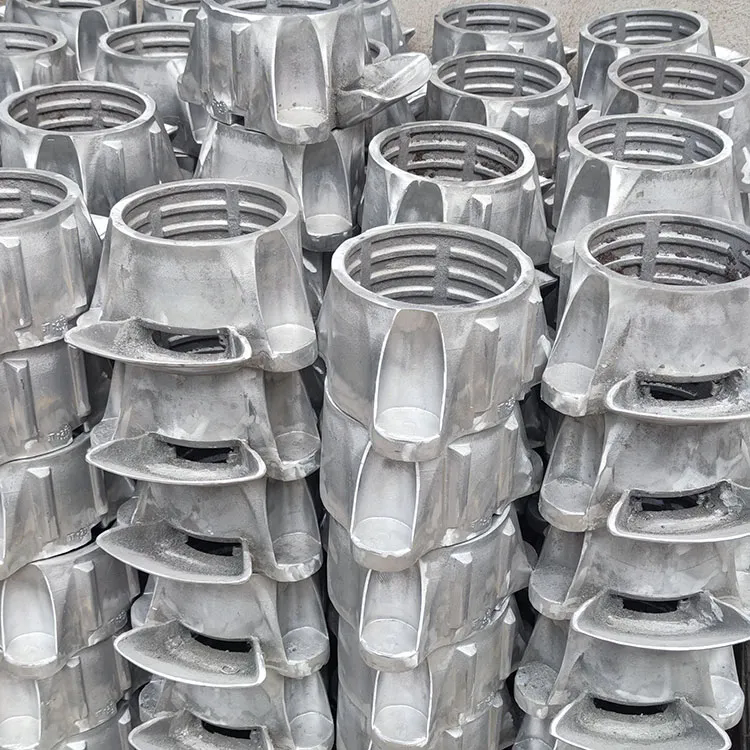Advantages of Aluminum Gravity Die Casting
2024-08-06
Aluminum gravity die casting, also known as permanent mold casting, is a process that involves pouring molten aluminum into a reusable mold under the force of gravity. This method offers several advantages over other casting techniques. Here are the key benefits:
Advantages of Aluminum Gravity Die Casting
1. High-Quality Surface Finish:
- Smooth Surfaces: The use of permanent molds results in parts with a superior surface finish compared to sand casting. This reduces the need for extensive post-casting machining and finishing processes.
- Precision and Detail: The molds can produce fine details and intricate geometries with high precision, leading to better dimensional accuracy.
2. Improved Mechanical Properties:
- Increased Strength: The rapid cooling rate in metal molds leads to finer grain structures, which enhance the mechanical properties of the cast aluminum, such as tensile strength and hardness.
- Durability: Gravity die casting produces parts that are more robust and durable, making them suitable for high-stress applications.
3. Dimensional Accuracy and Consistency:
- Tight Tolerances: This casting method allows for the production of parts with tight dimensional tolerances, ensuring a high level of consistency and repeatability.
- Reduced Variability: The controlled casting process minimizes variability between parts, which is crucial for high-volume production and assembly line operations.
4. Cost-Effectiveness:
- Reusable Molds: The use of permanent molds reduces the cost per part over large production runs, as the molds can be reused multiple times.
- Reduced Material Waste: The precise nature of the molds and the efficient use of aluminum reduce material waste compared to other casting methods.
5. Versatility in Design and Application:
- Complex Shapes: Gravity die casting can produce complex shapes that would be difficult or costly to achieve with other manufacturing processes.
- Wide Range of Applications: This method is suitable for various industries, including automotive, aerospace, electronics, and consumer goods.
6. Environmental Benefits:
- Recyclability: Aluminum is highly recyclable, and gravity die casting generates less waste material, contributing to a more sustainable manufacturing process.
- Energy Efficiency: The process can be more energy-efficient compared to other casting methods, such as sand casting, due to faster cycle times and the reuse of molds.
7. Enhanced Product Performance:
- Improved Thermal Conductivity: Aluminum parts produced through gravity die casting exhibit excellent thermal conductivity, making them ideal for heat sinks and other heat-dissipating components.
- Corrosion Resistance: Aluminum naturally forms a protective oxide layer, providing good corrosion resistance, which is beneficial for parts exposed to harsh environments.
8. Ease of Automation:
- Automation Potential: The gravity die casting process can be easily automated, leading to increased production rates, reduced labor costs, and improved overall efficiency.
- Consistent Quality: Automation ensures consistent quality and reduces the potential for human error, leading to higher reliability of the produced parts.
Conclusion
Aluminum gravity die casting offers numerous advantages, including high-quality surface finishes, improved mechanical properties, dimensional accuracy, cost-effectiveness, versatility in design, environmental benefits, enhanced product performance, and ease of automation. These benefits make it an excellent choice for producing high-quality aluminum parts across various industries.



